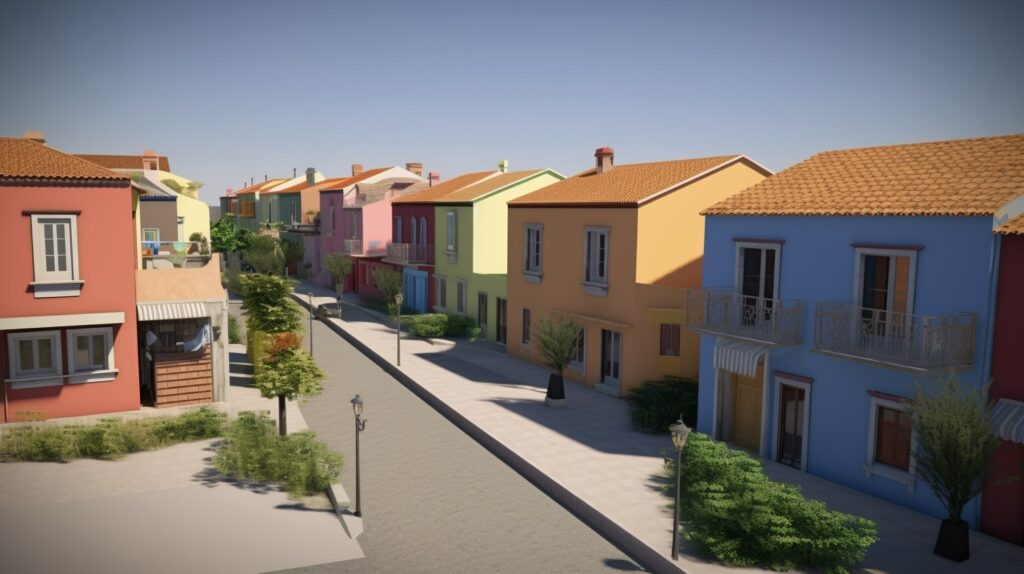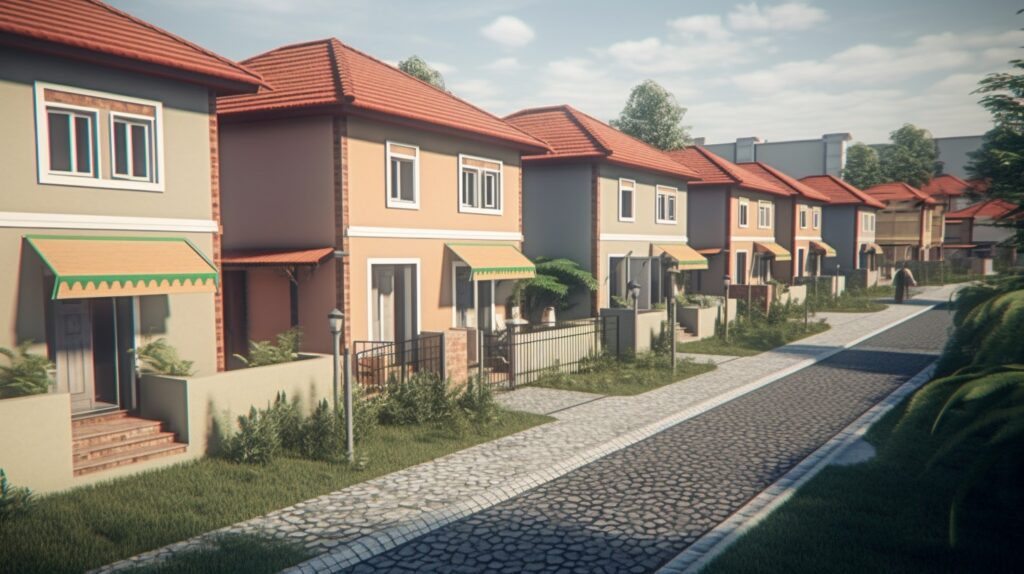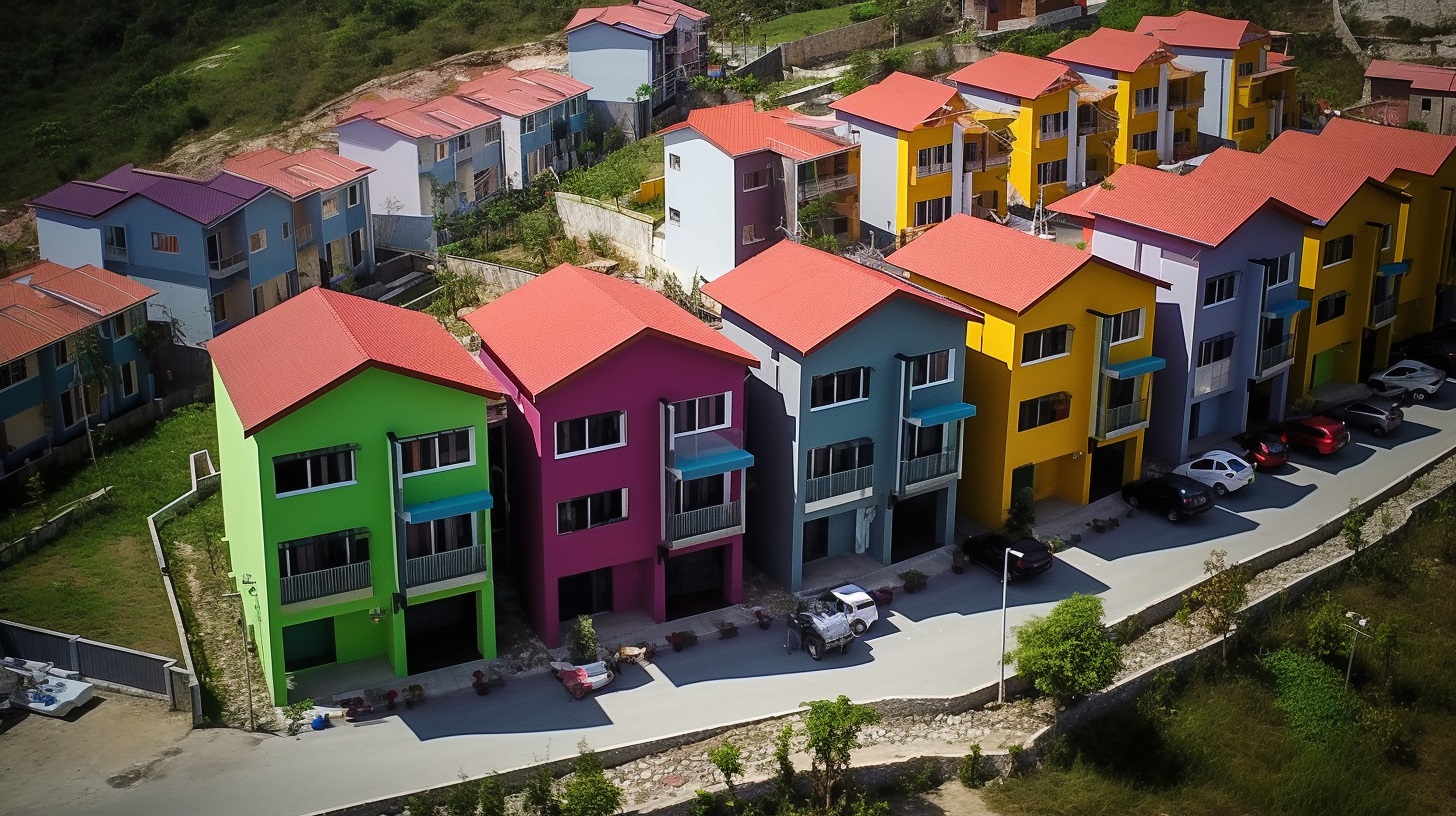Introduction
The housing situation in Nigeria has been a longstanding issue, with many Nigerians struggling to afford homes. The factors contributing to this problem are multi-faceted, involving both economic and structural challenges. In this article, we will explore the key reasons why Nigerians can’t afford homes and discuss potential solutions to address this housing crisis.

- Limited Affordable Housing Supply: According to a report by the Centre for Affordable Housing Finance in Africa (CAHF)[1], Nigeria has a significant housing deficit of at least 17 million homes. The demand for affordable homes far surpasses the supply, leading to soaring prices and limited options for aspiring homeowners. The lack of affordable housing options makes it difficult for Nigerians to find suitable homes within their budget.
- Economic Factors: a. Low Income Levels: One of the primary reasons why Nigerians struggle to afford homes is the low income levels across the country. Many Nigerians earn wages that fall below the threshold required to purchase or rent decent housing. b. High Construction Costs: The cost of construction materials and labor is often exorbitant, making it challenging to build affordable housing units. These high construction costs are passed on to potential buyers or renters, further exacerbating the affordability issue. c. Limited Access to Mortgage Financing: Access to mortgage financing is limited in Nigeria, making it difficult for individuals to secure loans for purchasing homes. The stringent requirements, high interest rates, and short loan tenures pose significant barriers to homeownership.
- Housing Governance and Policies: The governance and policies surrounding affordable housing in Nigeria also contribute to the inability of Nigerians to afford homes. A study on affordable housing governance in Nigeria[2] identified several factors accounting for the housing deficits, including policy inadequacies, legal issues, market challenges, and economic factors. These factors create an unfavorable environment for affordable housing development and hinder the progress of addressing the housing crisis.
- Insufficient Government Intervention: While the Nigerian government has recognized the housing deficit, the pace of home construction falls significantly short of the required numbers. The inability of the government to meet the housing demand, as highlighted in a housing policy article[3], has been a significant obstacle. The delivery of new homes has been inadequate, with less than 200,000 housing units being delivered across the country between 1972 and 2012. This slow progress compounds the affordability challenge faced by Nigerians.

Solutions
- Increase Affordable Housing Supply: The government should focus on increasing the supply of affordable housing units through public-private partnerships, incentivizing developers to construct affordable homes, and streamlining the approval processes for housing projects. This would help bridge the gap between demand and supply.
- Implement Housing Finance Reforms: Reforms in mortgage financing, such as reducing interest rates, extending loan tenures, and relaxing eligibility criteria, would make homeownership more accessible for Nigerians. This could be achieved through collaboration between the government, financial institutions, and regulatory bodies.
- Strengthen Housing Governance: Enhancing housing governance by addressing policy inadequacies, legal issues, and market challenges is crucial. This would involve revisiting existing policies, creating supportive legal frameworks, and.
















